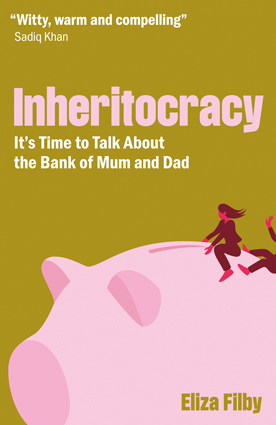“Homeownership is now a hereditary privilege,” this was the damning conclusion of Financial Times journalist John Burn-Murdoch in 2023. Our housing market isn’t only dysfunctional, it is ever more reliant on the Bank of Mum and Dad. Since the 2010s, parents have been a top 10 mortgage lender in the UK. We may shy away from it, but we are living in an inheritance economy, where access to housing (as well as the other big-ticket items in life) is increasingly tied to whether you are able to draw from the parental ATM.
We can all recite the common complaints about spiralling cost of rents and a lack of affordable house building in this country, but it is worth noting quite how much parental wealth has become intertwined with the UK housing story. Firstly, homeownership and housing wealth is concentrated in the older generation.
- Could these £50,000, eco-friendly tiny homes be the answer to the UK’s housing crisis?
- ‘This is the dream’: These Londoners built their own homes to beat sky-high house prices
- Empty buildings are a housing resource waiting to be tapped – so why don’t we?
Baby Boomers, as we know, came of age under Thatcher’s property revolution, the beneficiaries of a set of conditions that today seem fantastical. When my mother bought her first home in Tooting – a five bedroom property for under £30,000 – admittedly a wreck with no ceilings or bathrooms, one of the reasons she took the plunge was that at the time local councils were giving out grants for new owners to renovate inhospitable dwellings.
In the 1980s, the average purchase price was £47,488, with an average deposit of £2,955, and the average length of time saving up for this was just three years and one month.
Fast forward to the 2020s, and a recent report found that 65% of new homeowners would have struggled to buy without parental support. And this is not just a London issue nor a recent phenomenon. Back in 2016, 30% of first-time buyers in Wales and the North West required parental assistance to get on the property ladder.
Parents have become the gatekeepers of the traditional markers of adulthood especially homeownership. Parental support currently enables buyers to enter the market an average of 2.6 years earlier than those without such help, with the gap being even wider in London.











